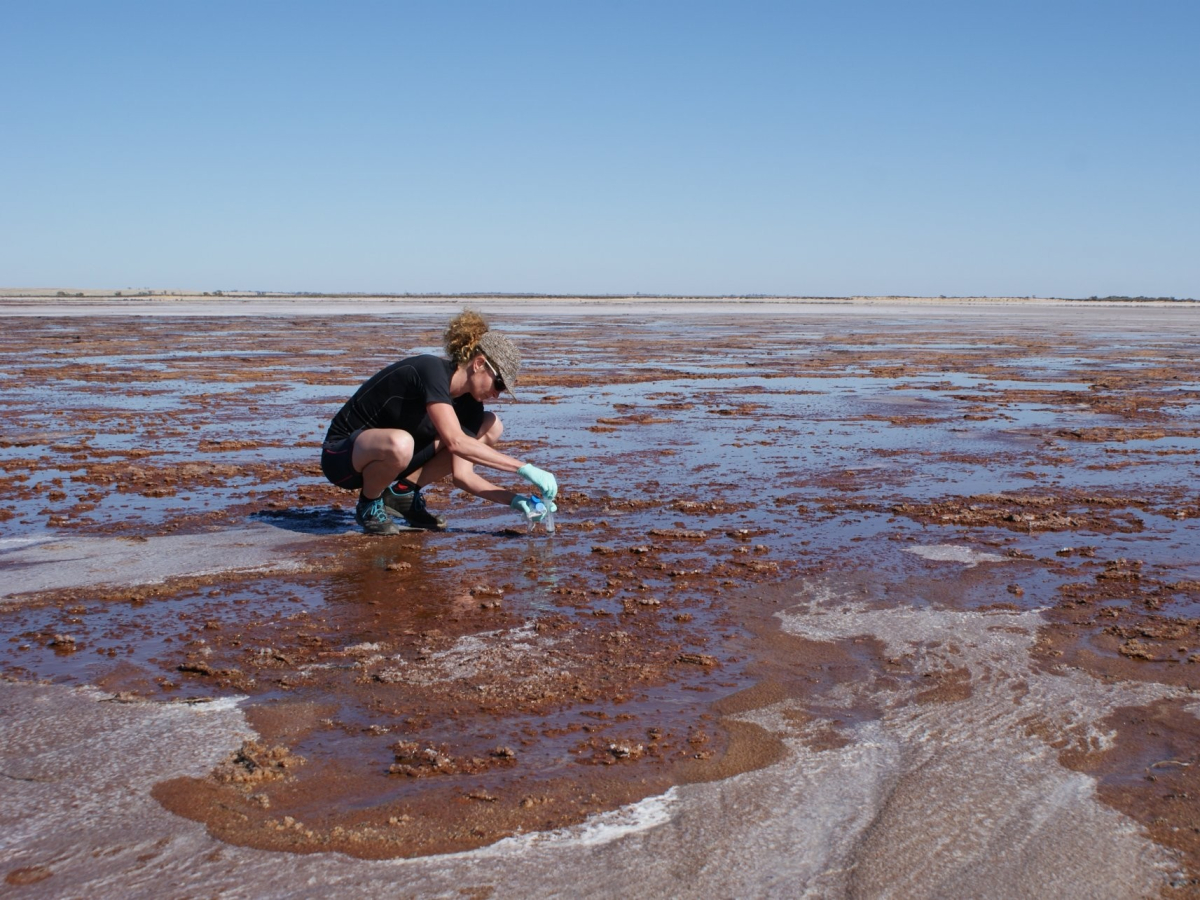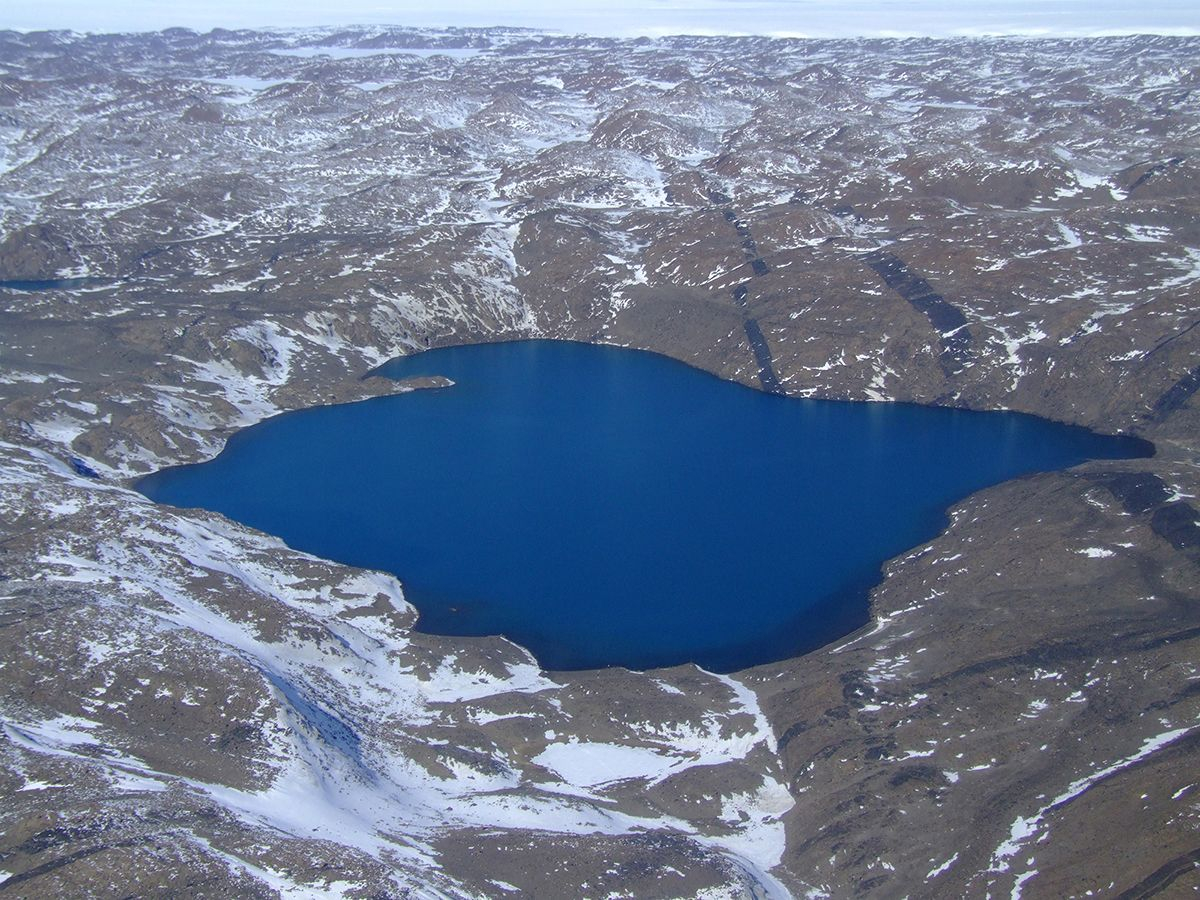On the trail of the evolution of viruses
As part of its "Life?" initiative, the Volkswagen Foundation is supporting an international team in the research of a novel virus-like element with 1 million euros.
The evolution of life is closely linked to the evolution of viruses. Viruses are not considered living beings. They are virtually on the edge of life and are dependent on other organisms, their hosts, for their survival. However, viruses play a key role in evolution as they transport genes between host cells, thereby providing them with new genetic properties.
Knowledge about the origin and development of viruses is still in its infancy. In 2017, a team of researchers led by Susanne Erdmann - at that time she worked at the University of New South Wales in Sydney, today she heads the Max Planck Research Group Archaea Virology at the Max Planck Institute for Marine Microbiology in Bremen - took a major step forward: They found groundbreaking evidence for the "escape hypothesis".

Laboratory tests on virus-like element
This hypothesis states that viral genomes were originated as small fragments cut out from the genomes of their hosts. The particle that surrounds the viral genome and enables it to spread efficiently is therefore formed from membrane vesicles of the host cells. Susanne Erdmann and her team discovered a unique virus-like element in a hypersaline (very salty) Antarctic lake: It is packed into a structure similar to membrane vesicles and might be an evolutionary precursor of modern viruses. This would provide the first system allowing laboratory testing of the "escape hypothesis".
The further studies of the international team around Susanne Ermann are now supported by the Volkswagen Foundation. The project, entitled "A plasmid goes viral: Understanding the origin and evolution of viruses by studying a newly discovered virus-like element", will run for three years. As part of the initiative "Life? – A Fresh Scientific Approach to the Basic Principles of Life", the foundation is providing roughly 1 million euros, which will go to Erdmann's group at the Max Planck Institute in Bremen and her cooperation partners in Chile, Finland and Israel.

Team works across national and subject boundaries
"Our international team unites expertise in virology, microbiology, cell biology, genetics, structural biology, and biochemistry. We want to study this novel element in detail and compare its observed features with those of modern viruses. This will hopefully enable us to clarify its relationship with viruses and its role in virus evolution," said Susanne Erdmann. "Approximately 270,000 euros of the grant will remain in Bremen. But the most important thing is that funds are distributed to my cooperation partners and their contribution is thus supported," Susanne Erdmann continued. "For our partners in Chile, for example, this is the first international funding. Without it, the project could not be realized as it is." She hopes to see the first results as early as the beginning of next year.
